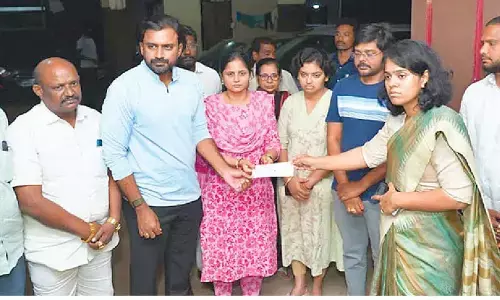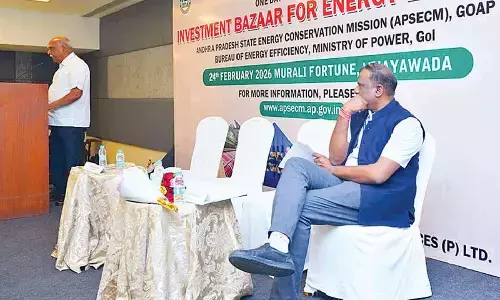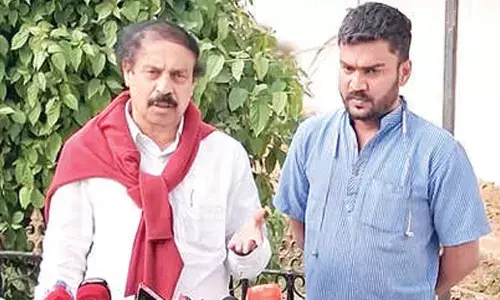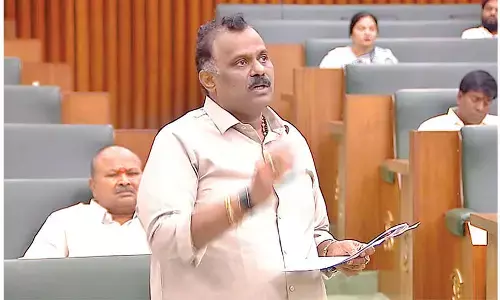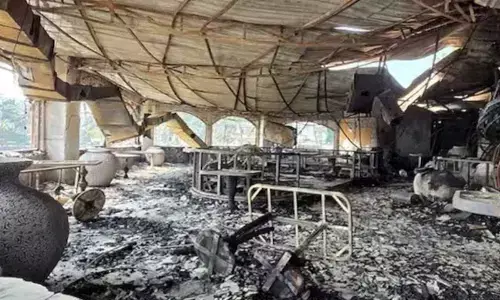SBI sets aside Rs 8,900cr for pay and pension hike to staff
Share :
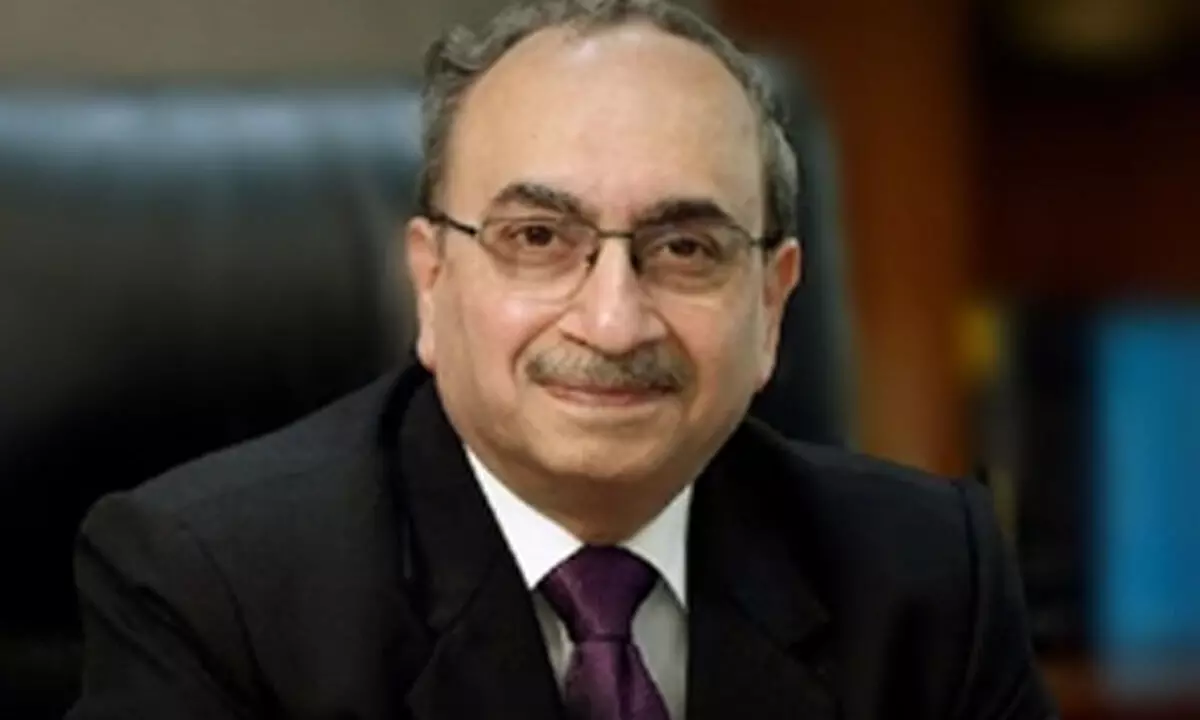
SBI Chairman Dinesh Khara on Saturday said the country's largest bank said that a surge in provision for the likely salary and pension hike of its employees had impacted the net profit for the second quarter.
Mumbai: SBI Chairman Dinesh Khara on Saturday said the country's largest bank said that a surge in provision for the likely salary and pension hike of its employees had impacted the net profit for the second quarter.
The bank has been making the provision in the second quarter assuming a 14 per cent increase in wages.
The bank has been setting aside money for a likely salary revision effective from November 2022 and it has so far provided a cumulative Rs 8,900 crore for the same, Khara said at a press conference after the declaration of SBI's second quarter results in Mumbai.
"Profits have been a bit muted because of this one-time provision that we had to make. Otherwise we expect the growth momentum to continue at 16 per cent to 17 per cent in the next fiscal. Domestic demand is robust and will be further boosted by festival linked spending," Khara added.
SBI reported an 8 per cent increase in net profit to Rs 14,330 crore on Saturday for the July-September quarter of the current financial year.
Growth in retail loans at 16 per cent continued to outpace corporate loan growth which was at 7 per cent.
Khara, however, said that companies are slowly availing of loans and the bank is sitting on a Rs 4.77 lakh crore pipeline of loans awaiting sanctions and disbursals.
"The bank has a Rs 3.20 lakh crore of unsecured loans. Around 86 per cent of our unsecured loans have been given to salaried customers who are working in secure government jobs and there is no cause for concern," Khara said.
RBI Governor Shaktikanta Das had in the recent monetary policy committee (MPC) meeting expressed concern over the surge in unsecured credit growth of banks and NBFCs.
"Banks and NBFCs would be well advised to strengthen their internal surveillance mechanisms, address the build-up of risks, if any, and institute suitable safeguards in their interest," Das said.

